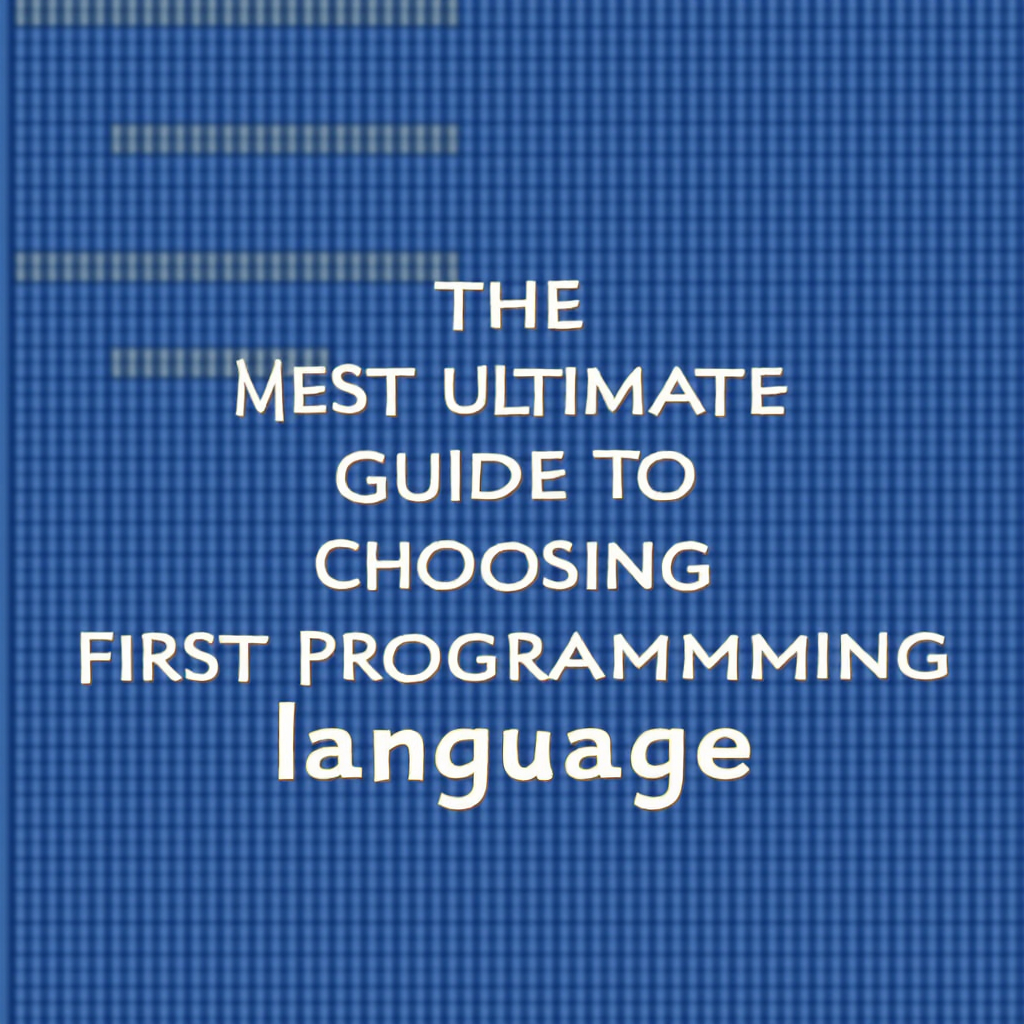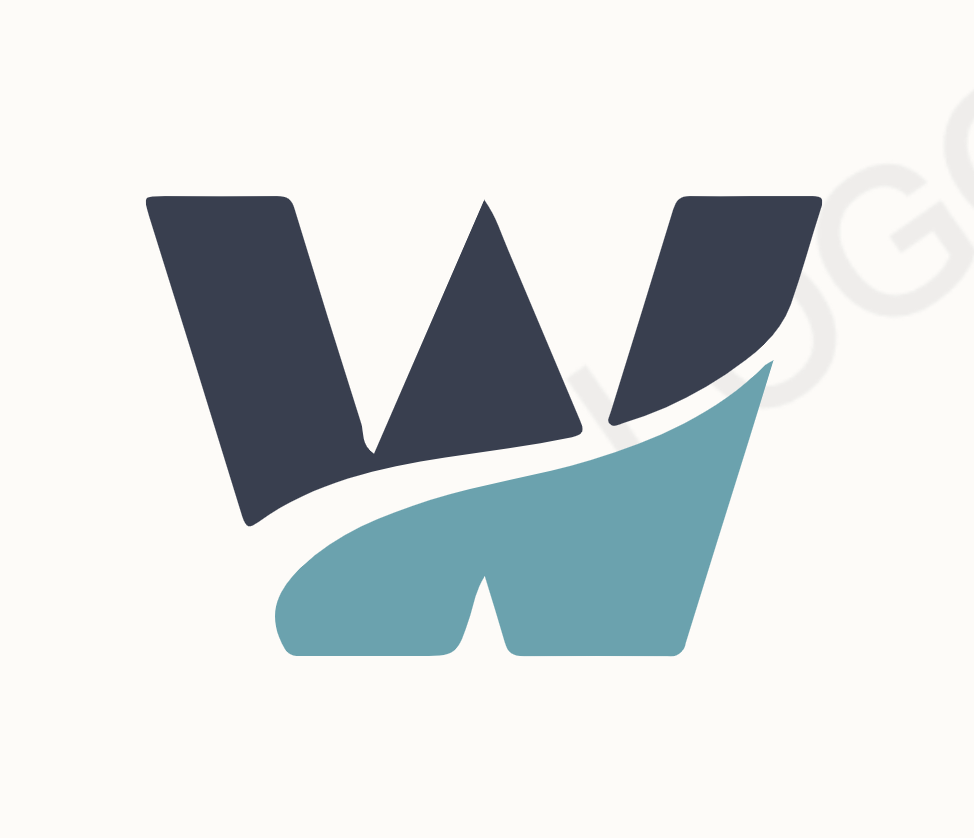Introduction:
For new software developers and engineers, selecting the right programming language to learn can be daunting, especially with so many options available. Your choice can significantly influence your career path, the types of projects you'll work on, and the communities you'll join. This guide aims to provide insights into popular programming languages, factors to consider when choosing one, and tips for starting your coding journey.
1. Understand Your Goals
Why Goals Matter:
Before diving into any language, it’s crucial to identify your goals. Different languages excel in various areas, and knowing what you want to achieve will help narrow down your options.
Consider the Following Goals:
- Web Development: If you aim to create websites, languages like JavaScript, HTML, and CSS are essential.
- Mobile Development: For mobile apps, consider Swift (iOS) or Kotlin (Android).
- Data Science: Python and R are popular choices for data analysis and machine learning.
- Game Development: C# (Unity) and C++ (Unreal Engine) are ideal for building games.
2. Explore Popular Programming Languages
Overview of Key Languages:
Familiarize yourself with some of the most widely-used programming languages. Each has its strengths, weaknesses, and typical use cases.
- Python: Known for its simplicity and readability, Python is versatile and great for beginners. It’s widely used in web development, data science, AI, and automation.
- JavaScript: The backbone of web development, JavaScript allows you to build interactive websites. It also has a vibrant ecosystem with frameworks like React and Node.js.
- Java: A well-established language used in enterprise applications, Android app development, and large systems. Java is known for its portability and robust performance.
- C#: Developed by Microsoft, C# is often used in game development with Unity, as well as for desktop applications. Its syntax is similar to Java, making it a good option for those familiar with Java.
- Ruby: Known for its elegant syntax, Ruby is popular for web development, especially with the Ruby on Rails framework. It emphasizes simplicity and productivity.
3. Consider Community and Resources
The Importance of Community Support:
A strong community can significantly enhance your learning experience. Look for languages with active communities and ample learning resources.
Check for:
- Online Forums: Platforms like Stack Overflow and Reddit offer community support for troubleshooting and advice.
- Learning Materials: Ensure there are sufficient tutorials, documentation, and courses available.
- Meetups and Conferences: Local events can provide networking opportunities and expose you to real-world applications of the language.
4. Evaluate Job Market Demand
Job Opportunities Matter:
The job market can heavily influence your language choice. Research the demand for developers skilled in specific languages in your region or the industry you wish to enter.
Ways to Research:
- Job Boards: Websites like Indeed or LinkedIn can give you an idea of which languages are frequently listed in job postings.
- Tech Trends: Keep an eye on industry trends to understand which technologies are gaining traction.
- Salary Insights: Understanding potential salaries can also inform your decision, as certain languages may lead to higher-paying jobs.
5. Think About Language Versatility
The Benefits of Versatility:
Some languages are more versatile than others and can be applied across various domains. A versatile language can open more doors in your career.
Versatile Languages to Consider:
- Python: Used in web development, data analysis, AI, and more.
- JavaScript: Essential for both front-end and back-end web development.
- Java: Commonly used in enterprise applications, mobile development, and web services.
6. Start with a Beginner-Friendly Language
Choosing an Accessible Language:
If you're completely new to programming, starting with a language known for its simplicity can ease your learning curve.
Beginner-Friendly Options:
- Python: The syntax is straightforward, making it ideal for beginners.
- JavaScript: Familiarity with JavaScript is beneficial, especially for those interested in web development.
- Ruby: With an emphasis on simplicity, Ruby can be a good choice for new developers.
7. Hands-On Experience is Crucial
Practical Learning:
Once you choose a language, immerse yourself in hands-on coding. Theoretical knowledge is essential, but real coding experience will reinforce what you learn.
Ways to Gain Experience:
- Build Projects: Start small and gradually increase complexity. Consider building a personal website or a simple web application.
- Participate in Coding Challenges: Websites like LeetCode and HackerRank offer coding challenges that can improve your skills.
- Join Hackathons: These events can provide practical experience and help you meet fellow developers.
8. Experiment with Multiple Languages
Finding the Right Fit:
While it's good to start with one language, don’t hesitate to experiment with others. Exploring multiple languages can provide insights into different programming paradigms and help you discover your preferences.
How to Experiment:
- Build Similar Projects: Try recreating the same project in different languages to understand their differences and similarities.
- Online Courses: Take introductory courses in other languages to see which ones resonate with you.
9. Keep an Open Mind and Stay Adaptable
Adapting to Change:
Technology is ever-evolving, and flexibility is key to a successful career in software development. Be open to learning new languages and technologies as they emerge.
Adaptability Tips:
- Stay Curious: Always seek to learn and understand new trends in technology.
- Network with Peers: Engaging with other developers can expose you to new tools and programming languages.
- Regularly Update Skills: Consider online courses or certifications to keep your skills fresh and relevant.
10. Build a Portfolio
Showcasing Your Skills:
As you learn and build projects, it’s important to create a portfolio to showcase your work. This can greatly enhance your job prospects.
Portfolio Tips:
- Include a Variety of Projects: Show different skills by including web applications, scripts, or mobile apps.
- Write About Your Projects: Explain your thought process and challenges faced while building the projects.
- Use GitHub: Host your code on GitHub to demonstrate your programming skills to potential employers.
Conclusion: Make an Informed Decision
Choosing your first programming language is an important step in your coding journey. By considering your goals, researching languages, and evaluating community support and job market demand, you can make an informed decision. Remember, the best language for you is the one that aligns with your aspirations and interests. With dedication, practice, and a willingness to adapt, you'll be well on your way to a successful career in software development.

